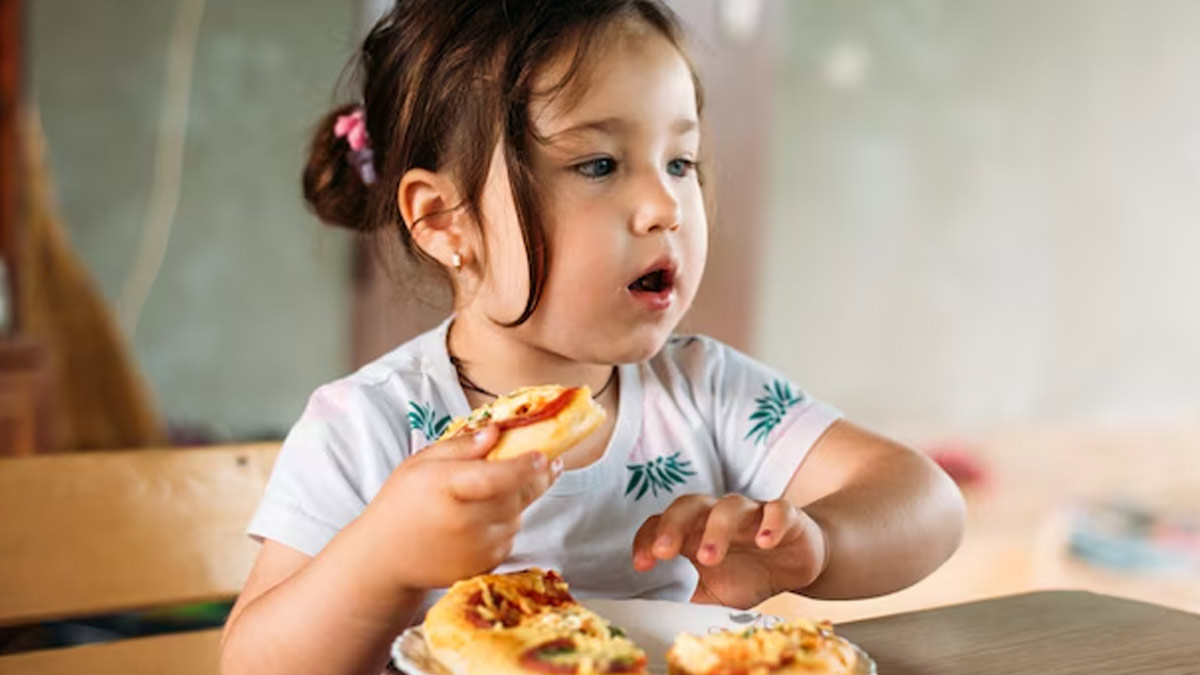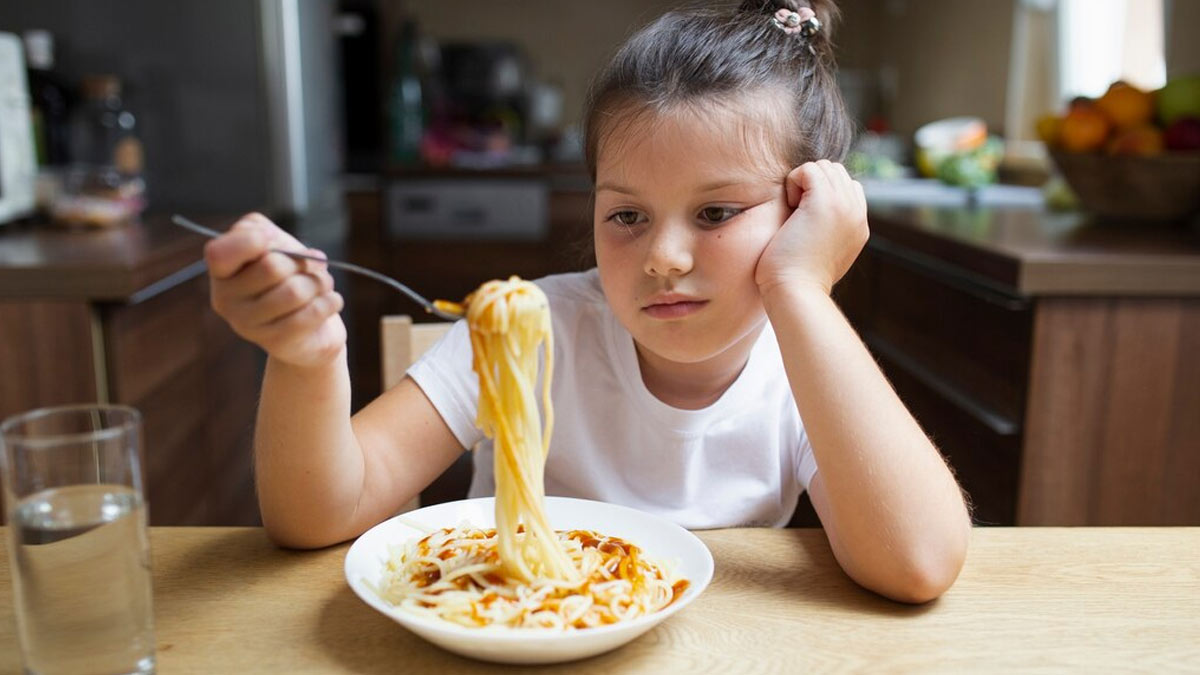
Toddlers are notorious for their unpredictable eating habits. One day, they're devouring everything on their plate; the next, they're turning up their nose at their favourite foods. While this can be frustrating for parents, it's essential to remember that these changes are often normal and part of a toddler's development.
Table of Content:-
Why Your Toddler’s Eating Habits Change?
Toddlers are in a constant state of growth and development, and their eating habits often reflect these changes. Here are some common reasons for fluctuations in a toddler's appetite:
- Growth Spurts: Toddlers experience rapid growth phases, which can lead to increased or decreased appetite.
- Developing Independence: As toddlers assert their independence, they may use food as a battleground. They might refuse certain foods simply because they're being offered.
- Exploration: Food can be a fascinating sensory experience for toddlers. They may be more interested in playing with their food than eating it.
- Picky Eating: It's common for toddlers to become picky eaters. They might develop strong preferences or aversions to certain textures, flavours, or colours.

When to Be Concerned About Your Toddler’s Eating Habits?
While most changes in eating habits are normal, there are instances when it's essential to consult a paediatrician:
- Significant Weight Loss Or Gain: Rapid, unexplained weight changes can indicate underlying health issues.
- Refusal To Eat For Prolonged Periods: If your toddler consistently refuses to eat for several days, it's crucial to seek medical advice.
- Pain Or Discomfort During Eating: If your child complains of pain when eating or swallowing, it could be a sign of a dental or digestive problem.
- Changes In Bowel Habits: Unusual changes in stool consistency or frequency can indicate underlying health issues.
A change in eating habits can signal underlying medical conditions like gastrointestinal disorders, problem swallowing, constipation, sensitivity to some foods, or autism.
Also Read: Can Food Allergies Be Prevented In Babies? Expert Shares How

Nurturing Healthy Eating Habits In Toddlers
Here are some tips to help your toddler develop healthy eating habits:
- Create A Positive Eating Environment: Make mealtimes enjoyable and stress-free. Avoid distractions like screens and create a calm atmosphere.
- Offer A Variety Of Foods: Expose your toddler to different tastes, textures, and colours. Repeated exposure can help them accept new foods.
- Be Patient: It may take multiple attempts for your child to accept a new food. Don't give up!
- Lead By Example: Children often imitate their parents' eating habits. Model healthy eating behaviours.
- Avoid Power Struggles: Turning mealtimes into battles can create negative associations with food. Focus on offering a variety of options and let your child choose what to eat.
Also Read: Boredom Can Make Your Child Obese: Study Reveals How It Causes Overeating
Remember, every child is different, and there's no one-size-fits-all approach to toddler feeding. Trust your instincts, and don't hesitate to seek guidance from your paediatrician if you have concerns. By understanding the normal fluctuations in toddler eating habits and providing a supportive environment, you can help your child develop a healthy relationship with food.
How we keep this article up to date:
We work with experts and keep a close eye on the latest in health and wellness. Whenever there is a new research or helpful information, we update our articles with accurate and useful advice.
Current Version